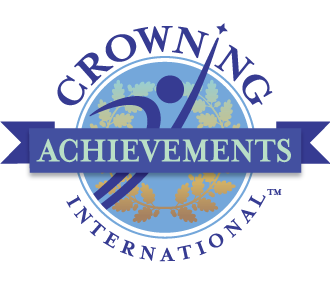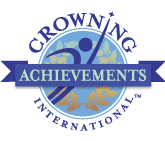
Time Management – Are you Prioritizing the Right Things?
Daily we face the time management dilemma – are you prioritizing the right things? Gino Wickman describes the concept of rocks in his book Traction which was first introduced to Gino by Verne Harnish, author of the book Scaling Up – Mastering the Rockefeller Habits 2.0, which was based on a concept from the book First Things First, by Stephen R. Covey (all three are excellent books and I encourage everyone to read them). Imagine you have a tall glass jar approximately one foot tall and about six inches in diameter (like a flower vase) and you have to fit big rocks and little pebbles in it. If you put in all the small rocks or pebbles first and then you try to fit in the big rocks, they won’t fit in. However, if you do it the other way around and put in first the large rocks and then throw in the pebbles, the small rocks will find their way into the cracks and will fill in the jar perfectly. What does this mean to you in business?
You have large projects or tasks that must be done first. They are priority and can take large amounts of your time. You also have a ton of little tasks that also need to be done. Some of them daily and other tasks or small projects come and go as part of doing business. The analogy is that if you try to do all the little tasks first, they will consume all your time and you won’t have enough time to work on the big projects. On the other hand, if you attack first your big projects and don’t procrastinate, once you get done with them, you will feel a huge sense of accomplishment and that in itself will give you the energy to do the smaller tasks. You can also set aside small amounts of time to only do small tasks after you’re done with the big ones.
So, why do we not automatically choose to work on the large projects—the rocks—and instead waste our time working on the little stuff?
There are several reasons:
Procrastination: The fear of jumping into a large new project that you know will take a lot of your time prevents you from even starting. Believing that “later I will have more time” and you’ll take the opportunity to do the whole project at once; but “later” never comes and suddenly, the deadline is upon you. Now you’re in panic mode and that increases your lack of focus.
Interruptions: The constant interruptions either by other team members or simply watching the large volume of emails fill your inbox can be overwhelming and create a sense of anxiety. Therefore, you feel the urge to complete as many emails as possible. Or you decide to attack several little tasks so you can have the satisfaction of checking something off your list!
Distractions: You’ve decided today is the day you will work and stay focused on the one rock you must complete. A few minutes into it, just as your mind is entering the “in the zone” mode, you get a phone call from your boss or a large client leaves you an urgent phone message. Or you, all of the sudden, get a brand-new idea that you just can’t get off your mind. You feel that if you don’t write it down right now, the idea will go away and you fear you won’t remember later.
How do you avoid the Time Management Dilemma?
Stop procrastinating: When you make the decision to not procrastinate and plan ahead, you will make the time to work on the large rocks. It all starts with making the decision. It is your choice. Truly, everything else can wait. The sense of accomplishment and peace you will feel after finishing a rock will be all worth it.
Schedule project time: It is perfectly acceptable to schedule “project time” and your team members—including your boss—should respect that time. Clear your calendar for four-hour chunks of time or even a whole day once in a while for focused work.
Be strategic: As an employee, I found that when my boss used to ask me to do a new project or task that would distract me from a major rock, I simply told him or her that “I would be happy to work on that new project; however, the big project will be delayed by X number of days. Is that okay with you?” That strategy always worked. Then you’re putting the responsibility on them while keeping a respectful and positive attitude.
Stay focused to prioritize: How do you “prioritize priorities”? Everybody wants their project done first as they seem to think their project is more important than others’. Another strategy I used when I worked for several people early in my career was to ask them to work it out amongst themselves. Then they can let you know which project to work on first. For example, suppose you’re working on a project for Bill and now Tom comes in your office and asks you to start working on his project. You tell Tom, “I would be glad to, but you’ll need to let Bill know that his project will be delayed by X number of hours or days. Let me know what he says.” Now, again, you have put the responsibility on them to fight over your time.
How about if you work on your own? You will the have to make the choice to not procrastinate, be disciplined to schedule specific blocks of time when you can focus on rocks and prioritize. You must stay focused as you, in the end, are still accountable to your customers.
So how do you “prioritize priorities”? Stop procrastinating, schedule project time, be strategic, and stay focused to prioritize. I hope I have given you some good ideas to solve your time management dilemma” Everything will get done eventually and you will have accomplished the most important projects for your customers.

